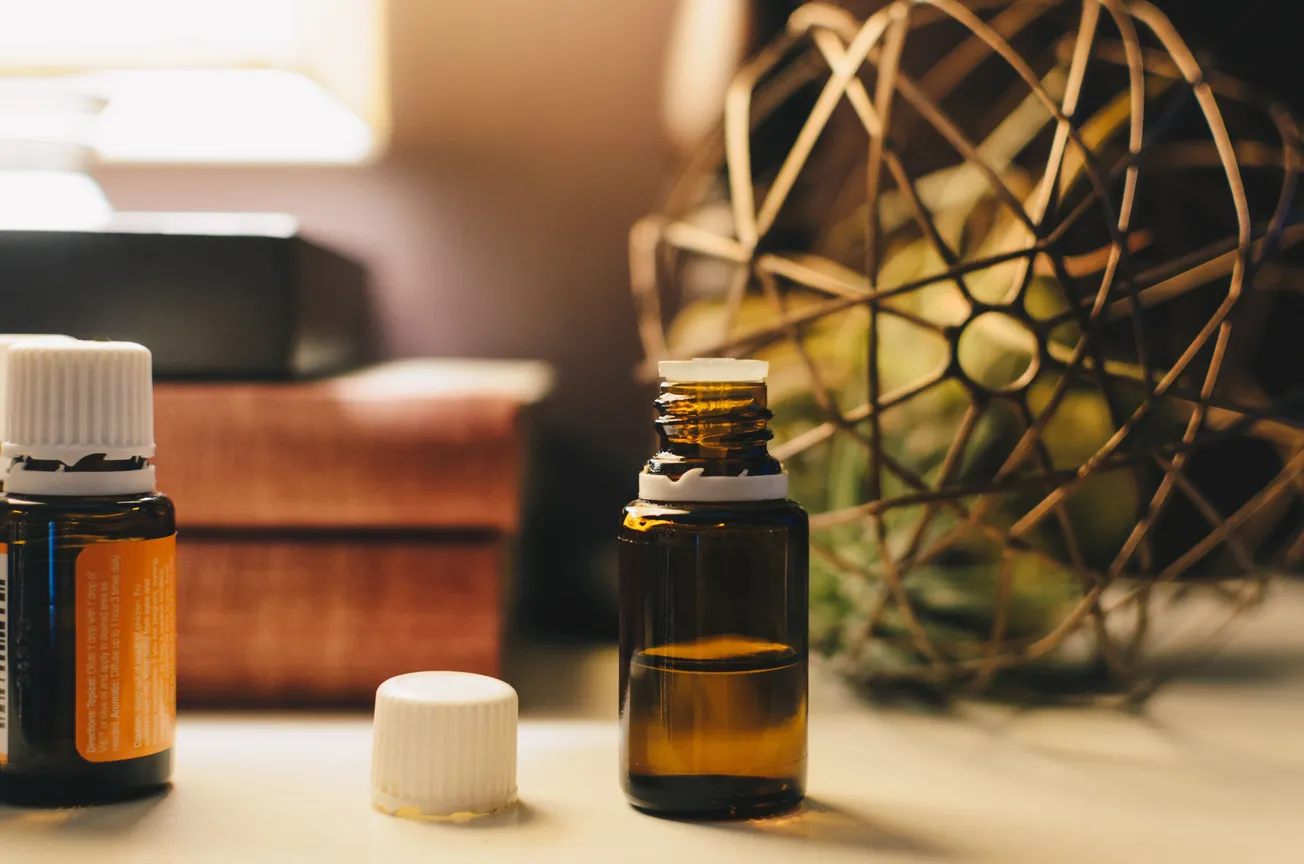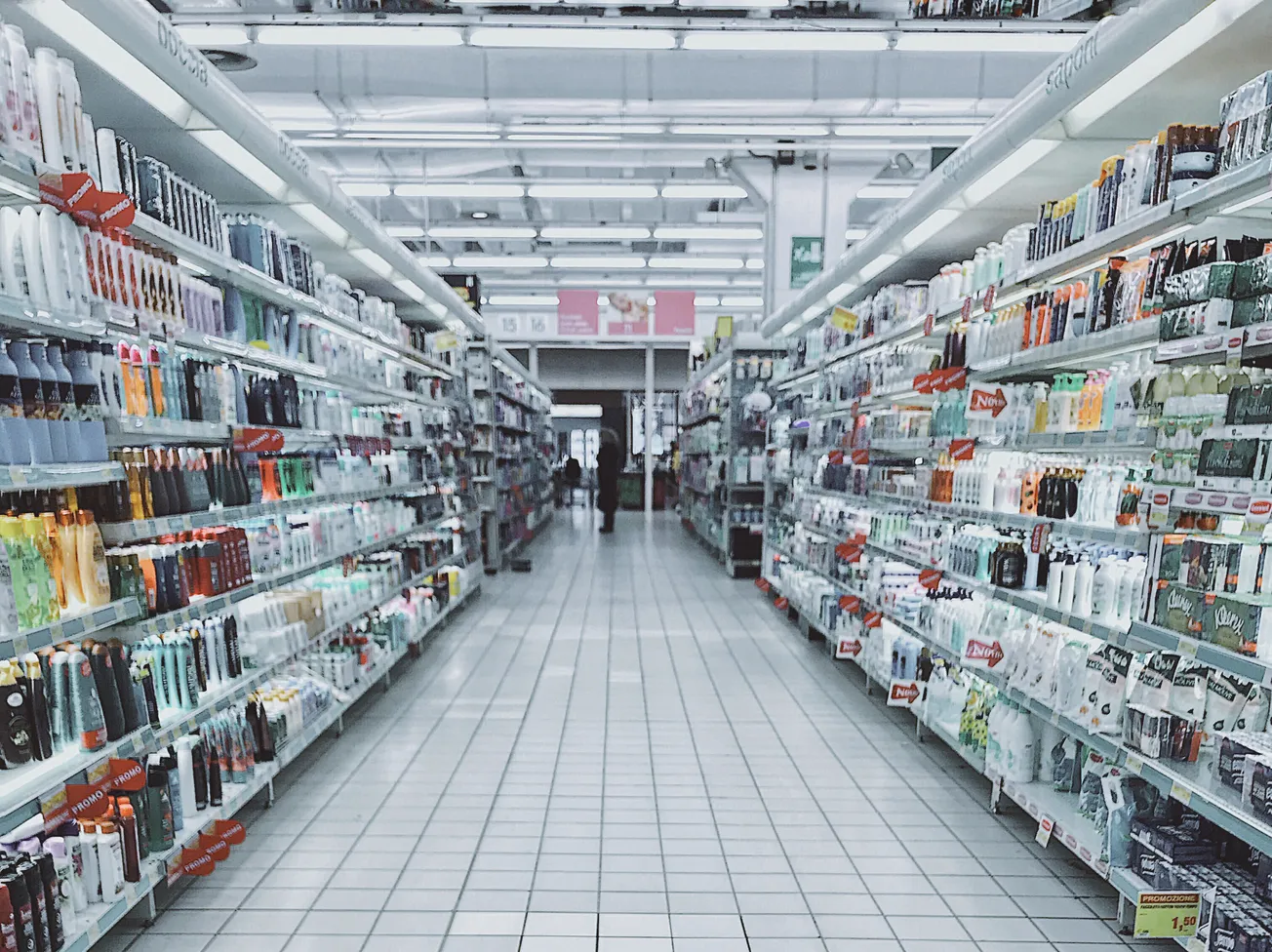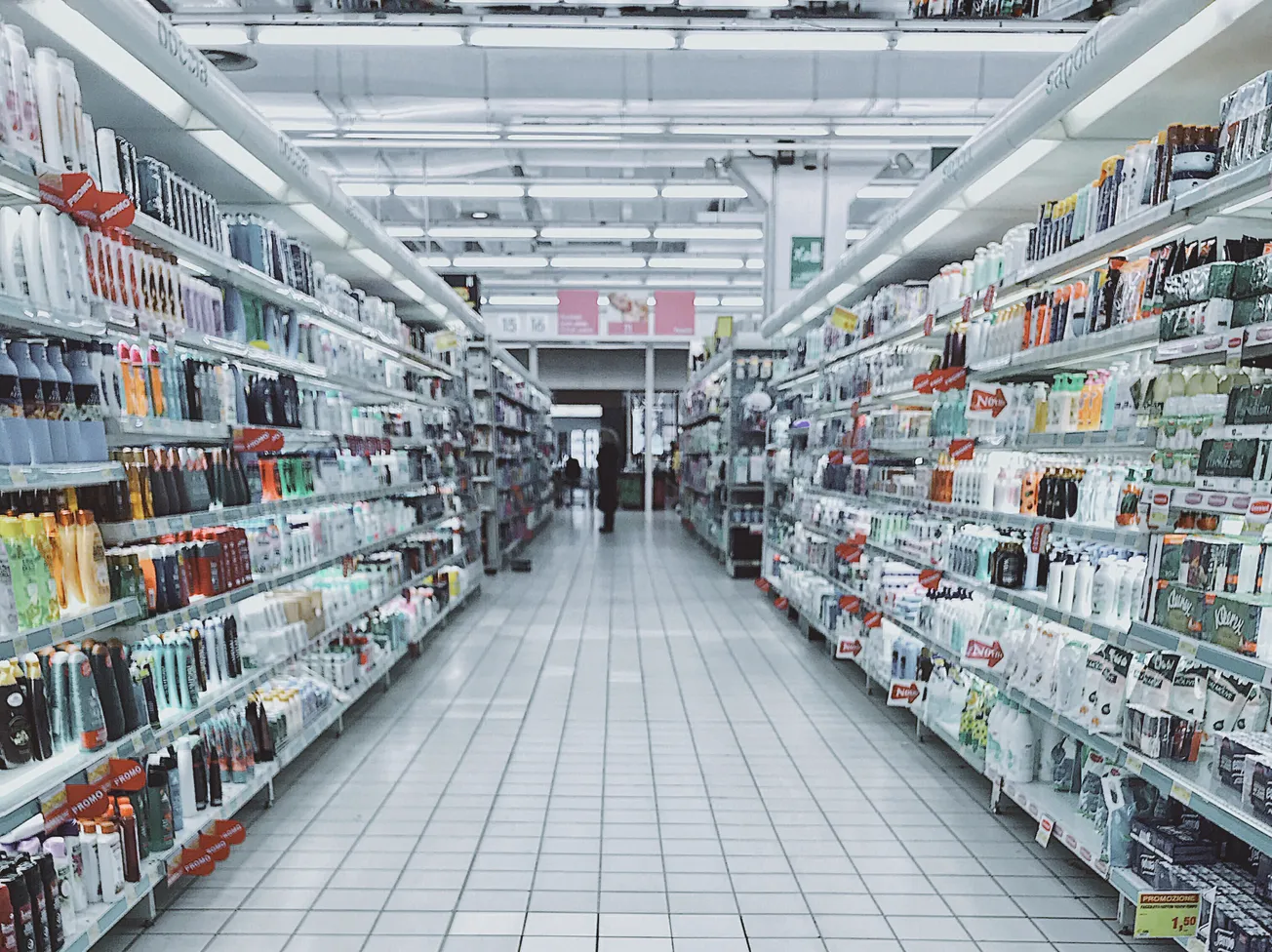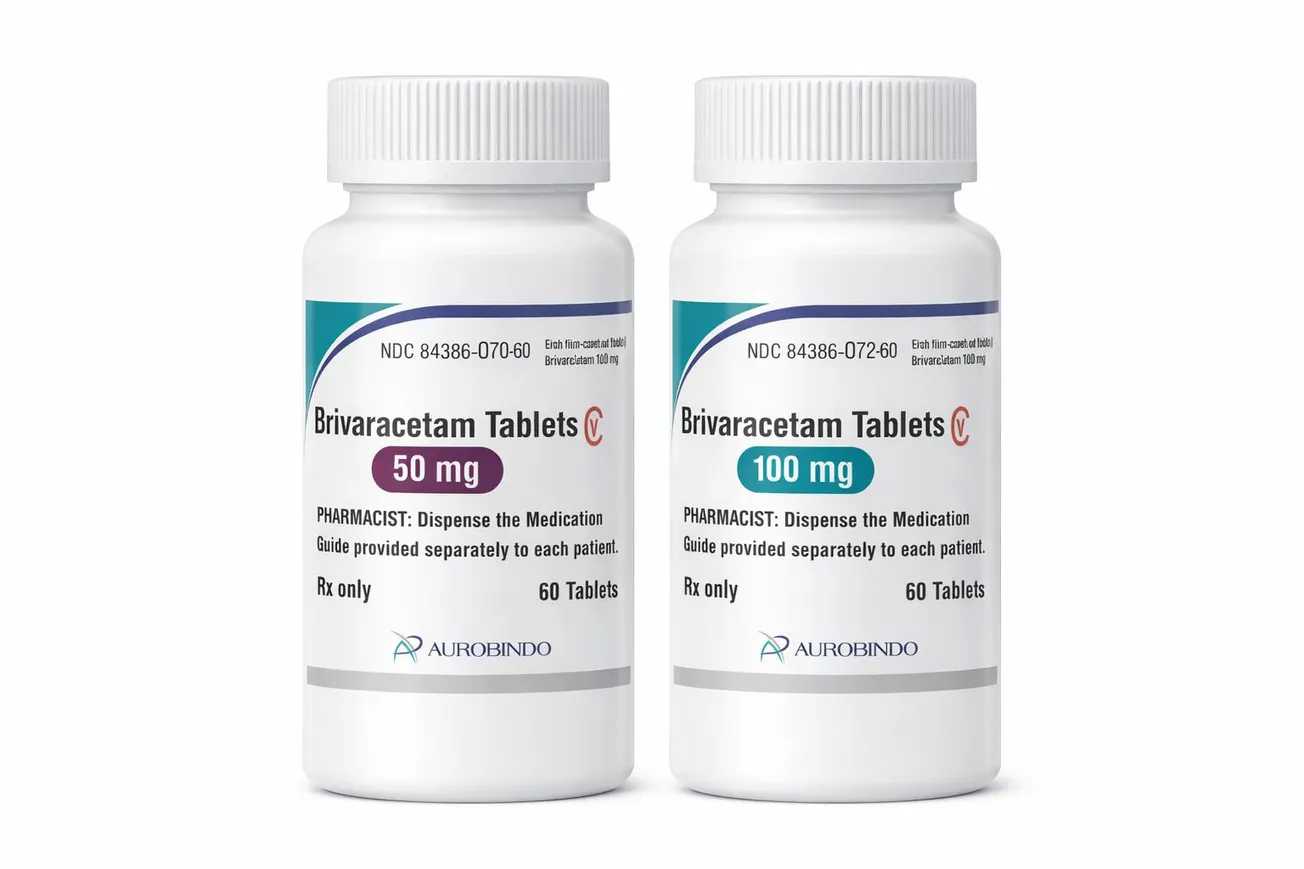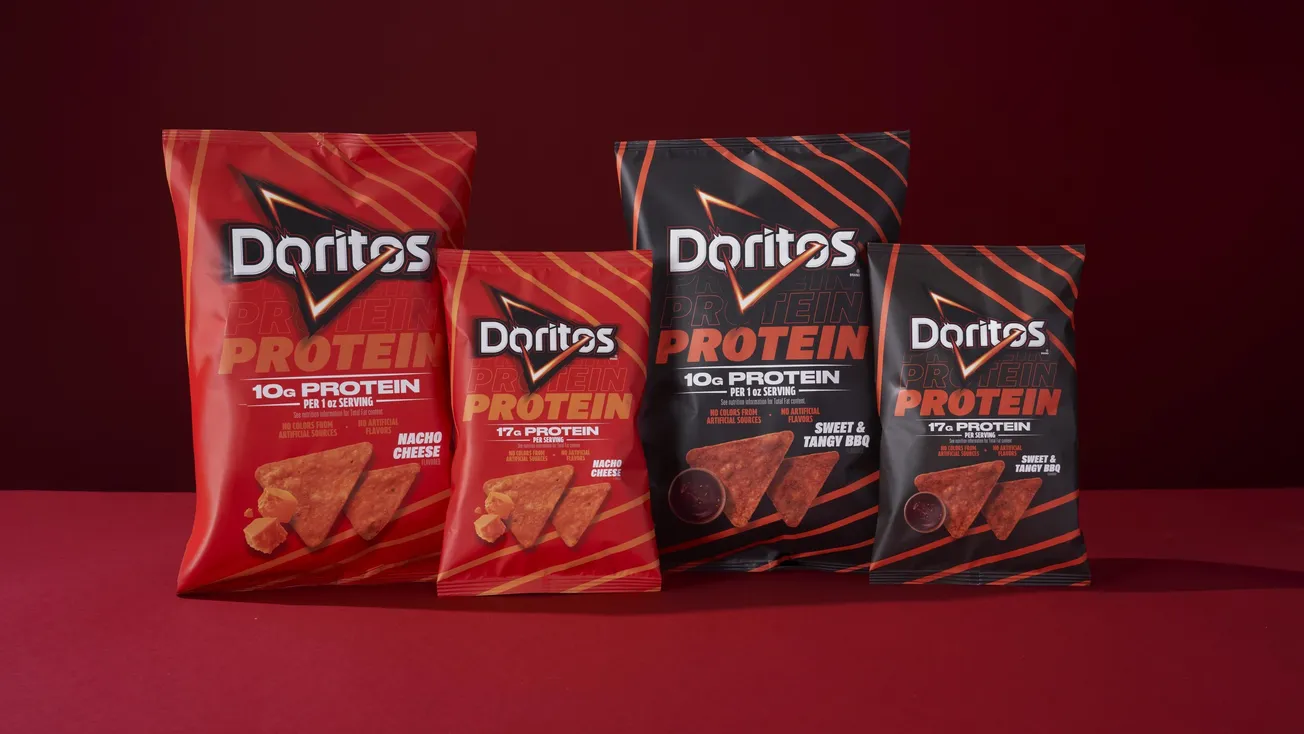Cannabis is best known for its recreational and medical uses, but cannabis-derived ingredients are featuring in more and more products sold in stores and online. The legal cannabis market is burgeoning: Total worldwide cannabis spending is expected to be worth $24.4 billion in 2019 — and is forecast to reach $63.5 billion by 2024, a compound annual growth rate of 21%, according to Zion Market Research.

Deborah Weinswig
Compounds found in cannabis, such as cannabidiol (CBD), are said to have beneficial properties, and companies are adding these ingredients to various health and beauty products.
Despite the health and wellness benefits, the legality of cannabis is not standard.
What is legal today?
Cannabis is a tricky ingredient. Hemp and marijuana are actually the same plant, cannabis sativa, just different strains — and one is illegal, but the other is not. If a plant contains more than 0.3% THC, it is considered marijuana (THC content can be as high as over 25%); if it has less than 0.3%, it is considered hemp (and legal). Both strains contain CBD.
The legality of cannabis for medical and recreational use varies by country and, in the U.S., by state — with a healthy dose of disagreement between the federal government and the states. The legality also varies from state to state in terms of possession, distribution and cultivation; how it can be consumed; and for what conditions it can be prescribed for medical use.
The use of cannabis for recreational purposes is illegal in most countries: Uruguay (in 2003) and Canada (2018) are the only countries to fully legalize the consumption and sale of recreational cannabis nationwide.
As of June 25, recreational marijuana is legal in 11 U.S. states and medical marijuana is legal in 33 states — but it remains a Schedule I controlled substance under federal law, which states there is “no currently accepted medical use and a high potential for abuse.” Which means: illegal under federal law.
However, states have consistently pushed for this to change — the most recent effort would prevent the federal-level U.S. Justice Department from interfering in states that have legalized recreational or medical use.
Since 2014, Congress has included a provision in annual spending bills that says federal funds cannot be used to prevent states from “implementing their own state laws that authorize the use, distribution, possession or cultivation of medical marijuana.”
In 2013, U.S. Deputy Attorney General James Cole sent a memo to all U.S. attorneys instructing them not to enforce federal marijuana prohibition in states that “legalized marijuana in some form and … implemented strong and effective regulatory and enforcement systems to control the cultivation, distribution, sale and possession of marijuana.” However, Attorney General Jeff Sessions rescinded that memo in January 2018, leaving companies operating cannabis businesses open to federal prosecution — even in states in which it’s legal.
The situation with CBD is just as tricky: The 2018 Farm Bill passed by Congress last December legalized CBD derived from hemp, but it still cannot be used as an ingredient in food or sold as a dietary supplement, according to the Food and Drug Administration.
And CBD derived from the marijuana plant is legal only in those states that have legalized recreational or medical use of marijuana. In states that have medical marijuana programs but in which recreational use is illegal, marijuana-derived CBD can be sold only through licensed dispensaries to individuals with a prescription.
Beauty brands and retailers that offer cannabis products
Despite the murky and tricky legal status, companies are rushing to launch innovative products containing cannabis compounds.
Sephora USA Inc. launched its High Beauty brand with two products in September 2018: High Expectations, a face oil, and High Five, a facial moisturizer, both made with hemp seed oil. The beauty specialist retailer’s move marked a turning point in cannabis beauty products from niche to the mainstream mass market.
Online store Lord Jones manufactures and sells CBD-infused products, including oils, capsules, lotions, edibles and even apparel. Lord Jones products are also sold at numerous specialty retail stores.
The company’s founders told Coveteur magazine in April 2018 that cofounder Cindy Capobianco spent two years researching the industry before launching the company. Lord Jones formulas are created in small batches, and the founders say each pump of the supplier’s CBD lotion dispenses exactly 1 mL of lotion, which contains 2 mg of CBD.
Lily CBD, meanwhile, is an online company that says its mission is “to give ourselves and those we love an alternative to the conventional ways of calming and nurturing the mind and body.”
Lily CBD offers three organic oils and sources CBD outside New York. The brand’s CBD oil products range between $99 and $249 per bottle. The company sells its products in luxury malls and boutiques and on its website, and it ships in the U.S. and internationally.
Charlotte’s Web says its purpose is to “better the planet and the people living upon it.” Charlotte Web’s hemp extract products include CBD oils, extracts, capsules, creams, balms and even “Charlotte Web Paws” — a product for pets’ paws, joints and hips. The company offers a discount program to veterans of the U.S. military.
The supplier’s cannabis health and wellness products are sold online and in specialty retail stores, and its target audience is an athletic, fit consumer.
The beauty brand Malin + Goetz, developed by cofounders Matthew Malin and Andrew Goetz, consists of products made from natural ingredients. The company uses cannabis in candles, hand soap, lotion and fragrances. The brand’s first shop opened in New York City’s Chelsea neighborhood, and it now has locations worldwide. The founders say their formulas for the care of sensitive skin were developed together with scientists and chemists.
Drug store retailer CVS introduced CBD-infused products at its stores in eight states earlier this year and, shortly thereafter, Walgreens said it will introduce CBD products at 1,500 stores in about 10 states later this year.
Consumer interest
U.S. consumers are more inclined to try food infused with cannabis ingredients than beauty products infused with cannabis. A February 2019 survey of U.S. adults over age 21 found that 54% are likely to try foods with CBD and 37% are open to trying foods with THC. Only 39% are inclined to try beauty and skin products with CBD, while 22% would try products with THC.
Among retail channels, drug stores are the most popular choice for purchasing CBD products, indicating that consumers likely trust drug stores more than other retail channels for these products. Nearly half of U.S. consumers say they have bought CBD products from drug stores, while 43% have bought them from general online retailers, according to a survey by convenience store magazine CSP and consulting firm Technomic.
Consumer interest in cannabis-infused products is growing. At the Cosmoprof North America beauty conference we attended last August, the general consensus among participants and brands was that cannabis products are going to “explode” within the next few years and, in the words of one attendee, “cannabis will be like lavender within five years.”
There is a huge white space for retailers to tap into this growing demand, although navigating the legal landscape can be tricky. Retailers should, of course, investigate products and their ingredients thoroughly to ensure they are permissible for sale. But, in the meanwhile, they can look to working with the growing number of brands that are finding innovative uses for CBD in their products, to initiate meaningful conversations regarding its potential benefits and equip consumers with better information.
A refresher on CBD and Hemp Oil Seed:
- What is CBD? “Cannabidiol”, known as CBD, is one of over a hundred active compounds (or cannabinoids) found exclusively in the cannabis plant. Lord Jones formulas feature broad spectrum CBD extracts that retain the plant’s original terpenes & phytocannabinoids to deliver the power of the whole plant.
- What is hemp seed oil? Hemp seed oil (sometimes referred to as cannabis sativa seed oil) is high in antioxidants, amino acids, and omega-3 and -6 fatty acids, but contains NO CBD. Cannabis Sativa Oil or hemp seed oil is a product that has been available in health food stores for decades and abundantly present in smoothies and skin care. CBD is only present in the flower, stem and leaves of the stalk, not in the seed.
Deborah Weinswig is founder and chief executive officer of Coresight Research. She can be contacted at DoborahWeinswig@coresight.com.

